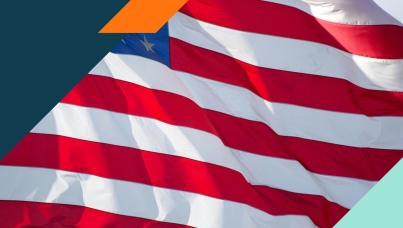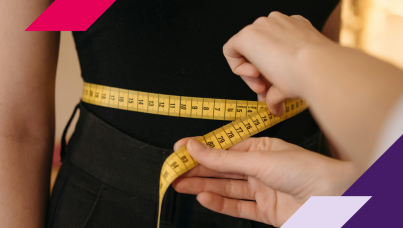Privacy is important to Americans. Here's the data they're worried about.
The Ipsos Consumer Tracker asks Americans questions about culture, the economy and the forces that shape our lives. Here's one thing we learned this week.

Why we asked: One part of the mission of DOGE is “efficiency” and on the surface, merging government databases could be considered efficient. There are a lot of legitimate reasons the government collects deeply personal data about its citizens. And many would counter that there are legitimate privacy reasons why the government can’t link your financial data with your health data, for instance. So news that DOGE is tearing down those walls to build a “master database” or that government agencies will access data to build an autism database have some people on edge. This seemed like the kind of thing that Democrats, Republicans and even Libertarians might find some common ground on. So we asked.
What we found: Side note: The most secure building I have ever been in was the offices of the U.S. Census Bureau. To enter the building, you go through a security checkpoint outside the building. Then another full security check when you enter the building, including taking down the serial number of the laptop you bring in and matching it when you leave. All of this was to enter a part of the building that was basically “public” and contained no access to personally identifiable information. That’s kept in more secure areas. Researchers with special permission can also gain access to “black box” facilities around the U.S. where they can enter search queries which will then be vetted by staff before data is returned. The government takes data privacy and security really, really seriously.
Anyway, as we suspected, majorities in both parties (and independents) think the government collects too much data on us. Very few agree that it’s OK for private companies or the government to collect data. Almost no one thinks that private companies and government agencies should share data with each other. Nor do people think that government agencies should be able to share data with each other. Even with a neutral choice available, the majority disagree with all of these things. High levels (and in some cases a majority of people) strongly disagree.
Here’s the data we’re most concerned about keeping private

Why we asked: Now that we’ve established that we care about our data, which data in particular do we want to keep private? This question comes amidst news that even our kids’ personal information and school records can be hacked and ransomed.
What we found: Overall, topping the list was: financial data like bank statements and tax records; health data, including health conditions we suffer from; and credit card usage data. Maybe that’s not surprising? But what was super interesting was the degree to which younger Americans want to protect their biometric and location-based data. Those age 18-34 ranked those categories HIGHER than their health data. Overall, age was much more of a determinant of how people ranked these types of data than party ID.
More insights from this wave of the Ipsos Consumer Tracker:
When it comes to buying products, price wins
Our food habits haven’t changed since 2023
Privacy is important to Americans. Here's the data they're worried about.
The Ipsos Vibe Check: Here's how worried Americans are about the government this week
The Ipsos Care-o-Meter: What does America know about vs. what does America care about



